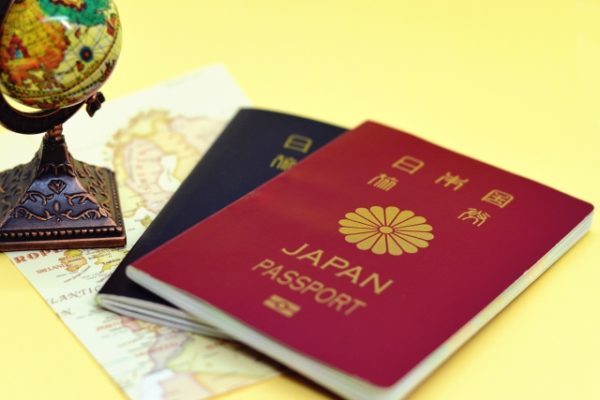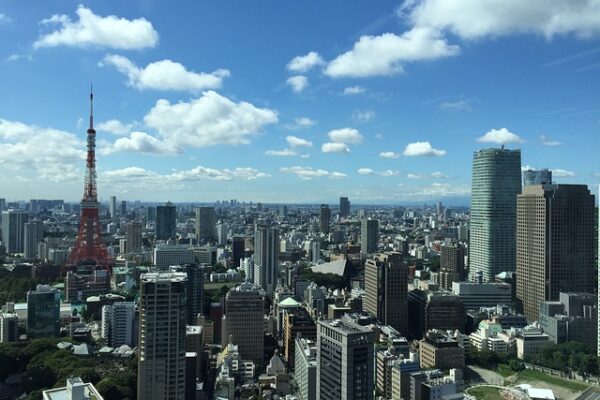Permanent Residency and Naturalization in Japan

2022,09,04
“Permanent Resident” status and “Naturalization” are the same in that there are no restrictions on the period of stay or work.
For those who want to live in Japan for a long time, it would be of interest to know which is more beneficial for you and what kind of difference there is between the two.
We will explain the difference between permanent residency and naturalization.
This article in Japanese 永住権と帰化とのちがいをわかりやすく!
Permanent Residency and Naturalization
By acquiring “Permanent Resident” status, there is no restriction on the period of stay. It is possible to stay in Japan permanently.
On the other hand, since you do not acquire Japanese nationality, you can maintain your current nationality. Permanent resident status basically has no restrictions on employment, so you can do any kind of work you want, just like a Japanese person.
Naturalization is the process by which the Minister of Justice grants Japanese citizenship to foreign nationals who meet certain criteria. It is not a status of residence. Application for naturalization is not made at the Immigration Bureau, but at the Regional Legal Affairs Bureau where you live.
Once naturalization is granted and you acquire Japanese nationality, you can stay in Japan without being bound by the period of stay, as is the case with Permanent Residence.
By acquiring Japanese nationality, you lose your previous nationality in principle. In other words, you will live in Japan as a Japanese national.
Similarities
- Can live in Japan for an unlimited period of time
- No need to renew the status of residence
- No restrictions on employment, i.e. You can take any job you want, just like a Japanese person.
- Easier to get a loan from banks
- Do not lose your status of residence due to unemployment or divorce from a Japanese spouse
Differences

There are the following differences between permanent residency and naturalization.
Procedures
Permanent residents need to apply for a renewal of the validity period of their resident card only once every 7 years. This is not the same as the so-called renewal procedure, as you will not be re-examined.
If you will be out of Japan for more than one year, you must obtain a re-entry permit before leaving Japan.
Please be careful if you leave Japan without a re-entry permit or deemed re-entry permit, if you leave Japan with a re-entry permit and fail to re-enter Japan by the re-entry permit deadline, or if you leave Japan with a deemed re-entry permit and fail to re-enter Japan within one year after your departure, you will lose your permanent residency.
One of the advantages of naturalization is that there is no application procedure after the permit is granted.
Deportation
Permanent residents also have no restriction on the period of stay, but if your status of residence is revoked or if you commit a crime, you may be subject to “deportation” since you will no longer have grounds to stay in Japan.
If you have been naturalized, you are not subject to such deportation because you are now a Japanese citizen.
Right to Vote
Permanent residents do not have the right to vote in Japan except for some local governments.
After naturalization, you have the right to vote as a Japanese citizen.
Difference in Residence Requirements

There are many differences between the requirements for naturalization and permanent residence, but one major difference is how long you must have lived in Japan to be eligible to apply.
Permanent Residency
As a general rule, you must have lived in Japan for at least 10 years continuously. However, during this period, the applicant must have lived in Japan for at least 5 years continuously with work status (excluding “Technical Intern Training” and “Specially Designated Technical Skill 1″ status) or residence status. or residence status for at least 5 years. Residency status” refers to status of residence as a person with status of residence such as “Spouse or Child of Japanese National”.
Naturalization
Based on the lawful status of residence, the applicant must have lived in Japan for at least 5 years by the time of application for naturalization.
There are some relaxed requirements for those who are married to a Japanese national in each application, but in principle, those who apply for permanent residence must have lived in Japan longer than those who apply for permanent residence.
Summary
“Which is better, to apply for permanent residence or to apply for naturalization?”” Which is more difficult? ” we are often asked these questions. However, they are completely different applications and thus there are many differences.
Once naturalization is granted, it is not easy to return to your original nationality. So, you need to think carefully about this based on your own situation.
As of September 2022, the examination process for both types of applications has become stricter than before, and although it depends on the person, it takes more than 6 months for permanent residence, and almost a year for naturalization before you get the result.
At Amie Immigration Law Office, we are able to provide careful support for both naturalization and permanent residence applications based on our past experience.
If you are considering applying for naturalization or permanent residence, please contact us. We are pleased to help you.
News and Blog








